Ninety-seven people were killed and 101 others were injured in separate rain-related incidents across Pakistan over the last three weeks, media reported citing the country's National Disaster Management Authority (NDMA).
The heavy downpour also caused flash-flooding and inundated several low-lying areas.
Most of the deaths and injuries happened due to separate incidents of electrocution, roof collapse, and flash floods caused by blockages of large water drainages in urban areas.
She added that there had been 16 incidents of glacier bursts in the north Gilgit Baltistan region, caused by the extreme heatwave. The minister said Pakistan is among the 10 most vulnerable countries to climate change in the world, stressing that the public should start taking measures to mitigate the weather impacts or things will get worse in the future.
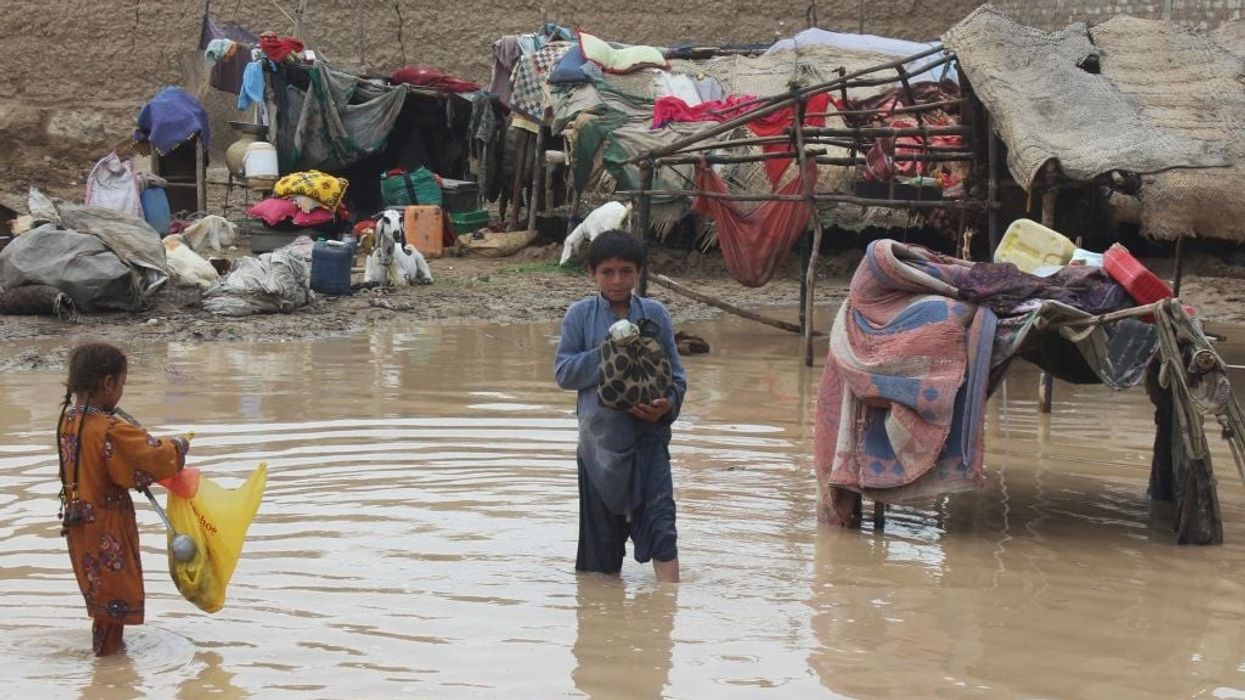





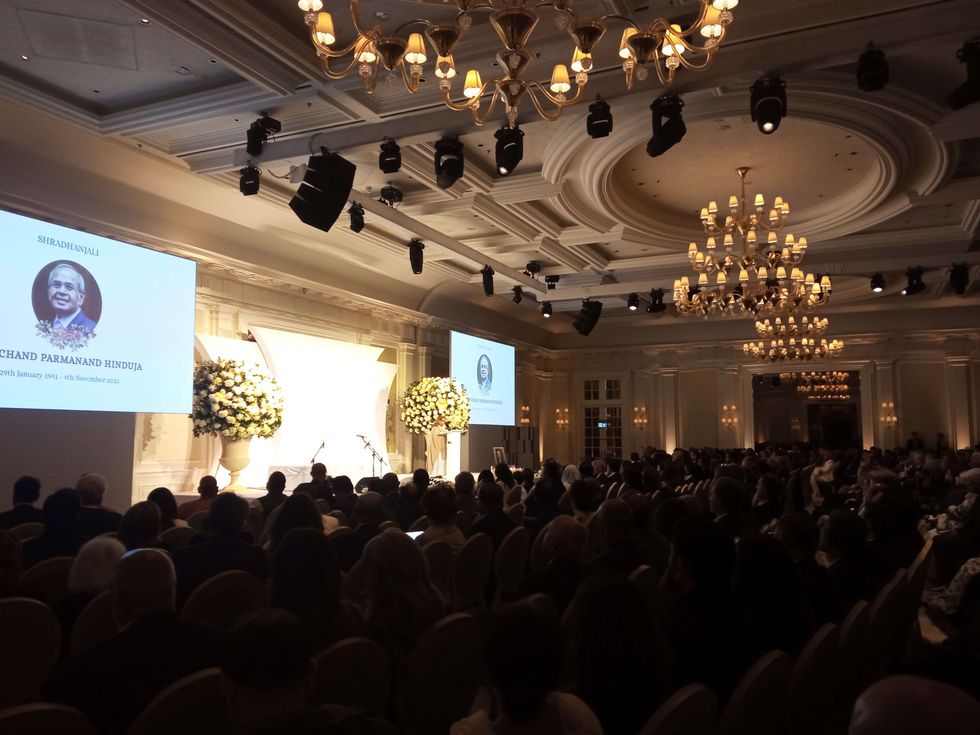 OWO Ballroom packed for memorial for Gopi Hinduja.
OWO Ballroom packed for memorial for Gopi Hinduja.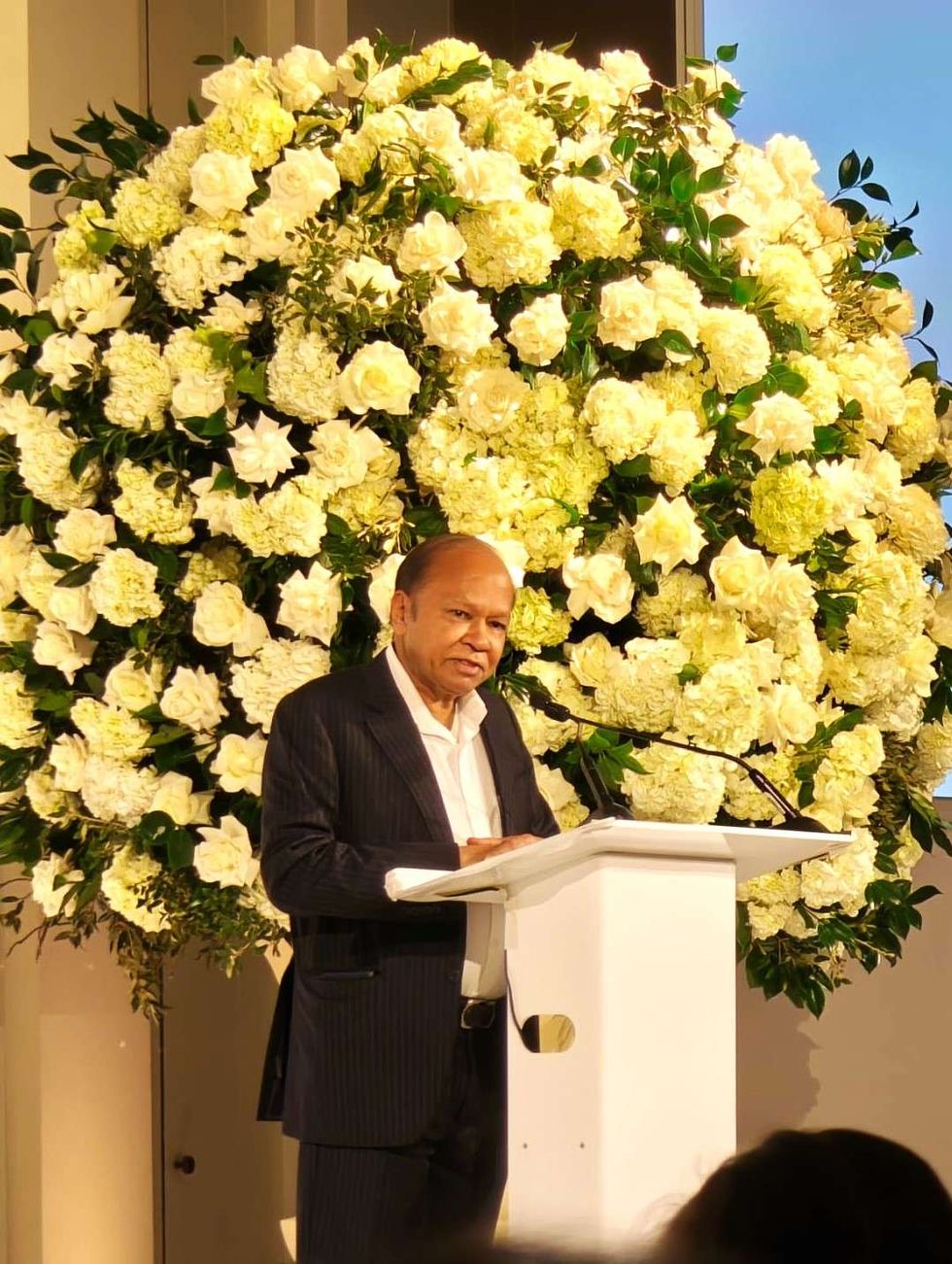 At OWO Ballroom, Sri Prakash Lohia.
At OWO Ballroom, Sri Prakash Lohia. Swami Chidanand Saraswati at the memorial service.
Swami Chidanand Saraswati at the memorial service. Nitin Mukesh singing songs on Zoom during the memorial.
Nitin Mukesh singing songs on Zoom during the memorial.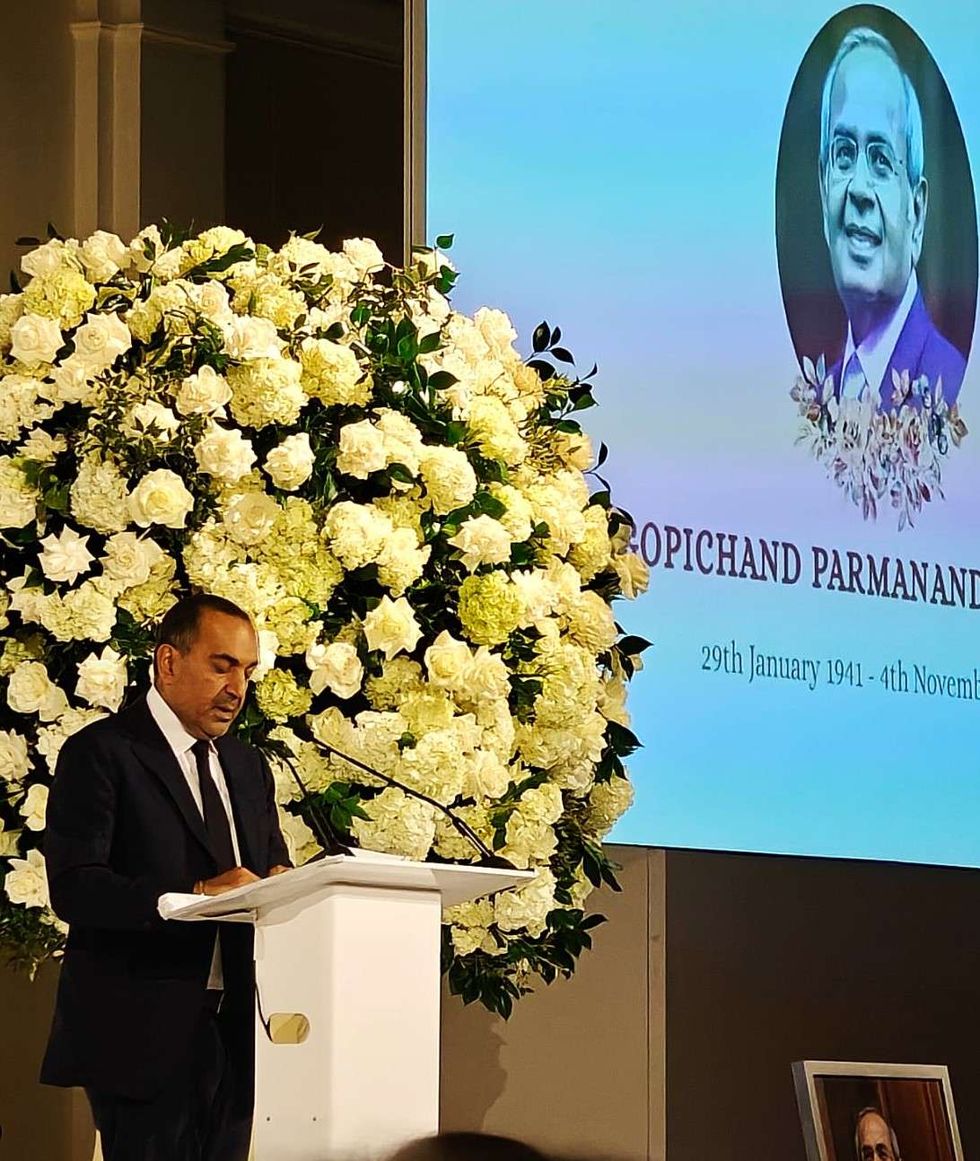 Sanjay Hinduja during the memorial.
Sanjay Hinduja during the memorial. Hinduja family members meet those who attended memorial service.
Hinduja family members meet those who attended memorial service.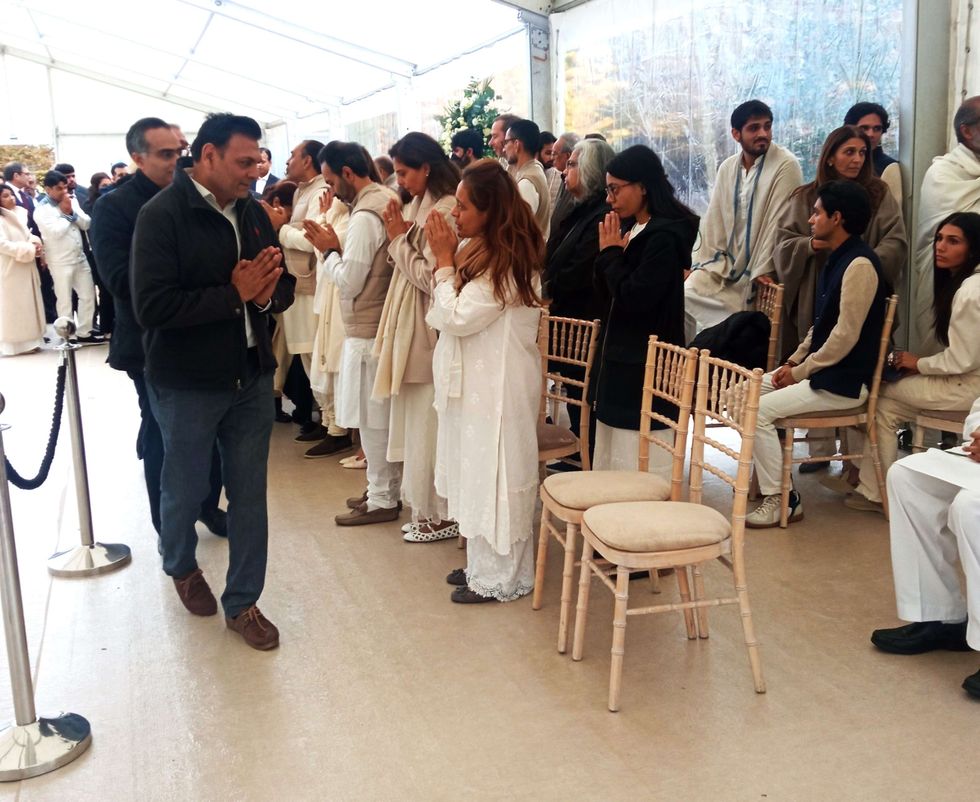 At Chilterns, mourners meet Hinduja family members.
At Chilterns, mourners meet Hinduja family members. Autumn was Gopi's favourite season.
Autumn was Gopi's favourite season.






